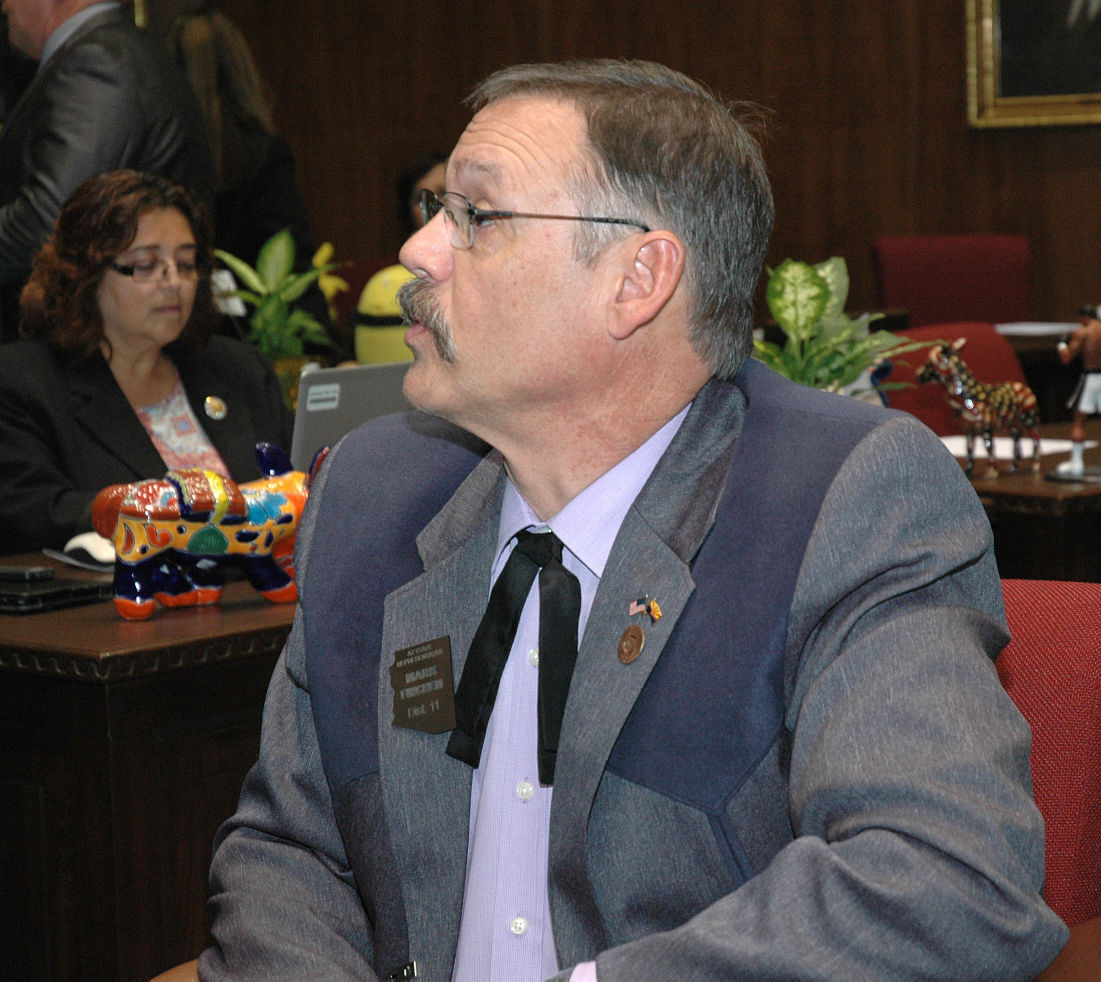PHOENIX — Hoping it starts to fix the problem of a financially troubled system, the state House voted Thursday to make key changes in the pension system for police and firefighters.
The three-bill package should mean an immediate reduction in what local governments have to pay into the Public Safety Personnel Retirement System for new hires. Conversely, those workers will pay more of the burden.
Those new employees also will not have some of the same options as current workers, including the ability to retire early and collect benefits.
And there would be a cap of $110,000 on how much of any new employee’s salary could be considered in computing their pension. That is designed to put a halt to pension “spiking” when a worker defers sick pay and overtime until the end of their career to artificially boost their final salary, the figure on which pensions are based.
But the package also seeks to amend the Arizona Constitution to allow changes in future benefits for existing employees and those already retired. That, however, is conditional on voters giving their approval at a special election already scheduled for May 17.
The final version measure now requires final approval of the Senate, which had unanimously approved nearly identical language.
Unlike the Senate, Thursday’s House action was not unanimous, where 10 members voted against the package.
“This appears to be nothing more than window dressing,” said Rep. Mark Finchem, R-Oro Valley.
“We have the appearance of a solution,” he said. “It’s totally disingenuous to try and make believe that you’re putting a solution on something when, in fact, it’s just the appearance of one.”
Rep. Justin Olson, R-Mesa, echoed that theme. Olson said he’s seen nothing to make him believe that the plan will help reduce the financial burden on cities and counties.
And Olson said the plan, if adopted, actually could increase costs depending on how the Arizona Supreme Court rules in a lawsuit brought by judges over previously enacted cuts to their pension benefits.
There is no dispute the pension system is broken. Its obligations exceed its assets by more than $6 billion.
In an effort to bridge the gap and put the fund on financial footing, lawmakers required participating governments to pay additional amounts to eventually make up the difference. The results, according to some city officials, have been little short of devastating.
The Flagstaff Fire Department, for example, pays premiums equal to 70 percent of its workers’ salaries. For Prescott, its police pension obligations are at 72 percent. And Bisbee is paying almost as much in premiums as the salary obligations.
Actuaries who worked on the plan said the state can’t do anything to wipe out the existing debt. But they said the limits on pensions for new employees will help limit future obligations.
What’s also designed to help is the change that is contingent on voter approval.
Right now, public safety retirees are guaranteed a benefit increase any time the fund’s earnings exceed a certain amount. While there have been no increases for the last two years, pensioners have seen 4 percent increases for more than a decade before.
This plan would replace that with cost-of-living allowance capped at no more than 2 percent a year.
The reason that has to go to the ballot is the Arizona Constitution specifically says that pension benefits are contracts that cannot be altered. And constitutional provisions can be altered only with voter approval.
What voters will do remains unclear.
On one hand, the plan — including the reduced cost-of-living allowances — has broad-based support, ranging from the affected cities to the Professional Fire Fighters of Arizona, the Fraternal Order of Police State Lodge, and the Phoenix Law Enforcement Association.
But the Arizona Police Association is opposed specifically to the cap on future increases.
Rep. Vince Leach, R-Tucson, who voted against the plan, touched on an issue that could also enter the minds of voters: doubt.
“I was under the impression we had good numbers,” he said. But Leach said he has seen two separate memos that called into question the accuracy of the actuarial assumptions.
“I’ve been around just long enough that quick decisions lead to sometimes decisions that we have to redo,” he said.
The package contains one other change the actuaries said should save money for local governments.
New hires will have the option to go into the existing “defined benefit” plan, with pensions based on salary and years of service, or an optional “defined contribution” plan. That is similar to 401(k) plans where employers and employees contribute set amounts and the pension is based on how much those funds have earned.





